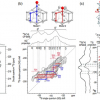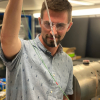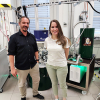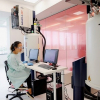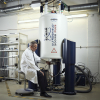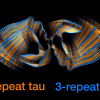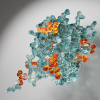A consortium led by the University of Warwick has been awarded £17 M to procure the UK’s most powerful Nuclear Magnetic Resonance (NMR) instrument at 1.2 GHz—one of only seven such spectrometers currently operating around the world. As well as Warwick, the consortium includes the universities of Lancaster, Liverpool, Nottingham, Southampton and St Andrews. The funding has come through the UK Research and Innovation’s (UKRI) Infrastructure Fund, which is designed to support the facilities, equipment and resources that are essential for researchers and innovators to do ground-breaking work.
In the UK and at The University of Warwick, researchers are using NMR technology to improve green infrastructure. They are expanding their knowledge of how to make more efficient plant biofuels, to improve batteries and solar cells. The instrument will also be used in research on antimicrobial resistance and drug design and delivery.
Professor Steven Brown, from The University of Warwick’s Solid State NMR Group, said: “It is exciting that Warwick has been selected as the site for this world-class NMR instrumentation. I look forward to working with the consortium partners and the UK community to deliver this world-class resource for UK science.”
Professor Caroline Meyer, Pro-Vice Chancellor (Research) at The University of Warwick, said: “This instrument will provide the greatest resolution and sensitivity yet, allowing us to make scientific breakthroughs that will benefit us all as they improve our technology in a range of areas.”
The 1.2 GHz NMR spectrometer will be housed in a new building and builds upon current capability at 1.0 GHz at the Warwick-hosted UK High-Field Solid-State NMR National Research Facility.


